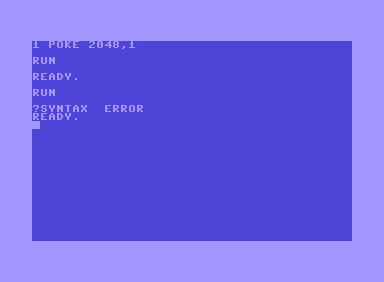x86_64 NASM Assembly for Linux
This assembly program replaces itself with its source code. It essentially "decompiles" itself, replacing the binary.
SECTION .data
source incbin __FILE__
len equ $ - source
SECTION .text
global _start
_start:
pop rdi ;number of parameters
pop rdi ;path to executable, parameter of unlink and open
mov rax, 87 ;unlink
syscall
cmp rax, 0
jl error
mov rax, 2 ;open
mov rsi, 0101o ;O_WRONLY O_CREAT
mov rdx, 0600o ;permissions on created file
syscall
cmp rax, 0
jl error
mov rdi, rax ;file (return value of open)
mov rax, 1 ;write
mov rsi, source
mov rdx, len
syscall
cmp rax, 0
jl error
mov rax, 60 ;exit
mov rdi, 0 ;return code
syscall
error:
mov rax, 60
mov rdi, 1
syscall
Compile with:
nasm -f elf64 FILENAME
ld -m elf_x86_64 FILENAME.o -o FILENAME
Or the same thing in C (with inline assembly):
#include <stdio.h>
extern char src;
asm("src: .incbin \"" __FILE__ "\"\n.byte 0");
int main(int argc, char *argv[]) {
unlink(argv[0]);
FILE *file = fopen(argv[0], "w");
fprintf(file, "%s",&src);
fclose(file);
return 0;
}
When run, the program deletes itself, and then writes its source code to the same path as the executable was at. That way, the deleted file can always be retrieved by recompiling, even if you lost the original source code.
There must be a better way to do this in C (or maybe not), but I don't know any.
Isn't that much better than just having it delete itself!



viin a single terminal environment has this effect, no escape from it unless you reboot :) Just a joke here. \$\endgroup\$echo "If you try to execute me again, it means you are an idiot.";<-- Nobody will execute more than once :P \$\endgroup\$